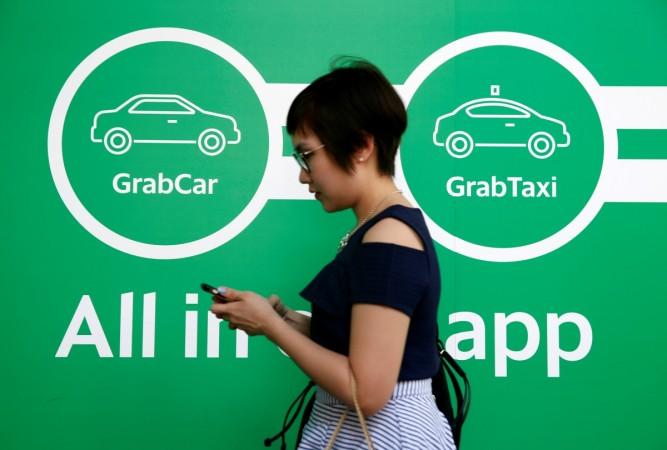
Grab, which claims to be Southeast Asia's largest ride-hailing company, is likely to close a $1.5 billion funding round in which Japan's SoftBank Group is also likely to participate. Present in seven countries including Singapore, Myanmar, Thailand, Vietnam and Malaysians, five-year-old Grab had raised $750 million in September last year, marking its sixth round of funding.
Bloomberg said on Friday that it was not clear whether SoftBank would invest out of its planned Vision Fund in the unicorn, valued at about $3 billion after the September fund-raising exercise.
Investors in the ride-hailing company include SoftBank, Tiger Global Management, GGV Capital, Vertex Ventures and Tokyo Century.
Grab forayed into Myanmar on Tuesday, its seventh country. "As a start, we will focus on improving driver service and safety standards for taxis in Yangon. We have deep experience in using data analytics to better match taxi drivers to passengers, and have robust driver screening and training processes to ensure that our driver partners provide a safe and quality service," Cheryl Goh, Group Vice President of Marketing, Grab, said in a statement.
The company commenced its services in Malaysia in 2012 and claims to have 710,000 drivers across 39 cities, apart from 36 million downloads of the Grab app.
Founded by Tan Hooi Ling and Anthony Tan, Singapore-based Grab was expected to break-even last year. "Many parts of our business will actually be profitable this year. So this year for sure...an IPO is always an option, but for us, it's important to stay focused, execute and out-serve the customers," Tan had told the Bloomberg on January 28, 2016.
In December 2015, Grab, along with India's Ola Cabs, China's Didi Kuaidi and America's Lyft had announced an alliance to take on fast-expanding rival Uber.
The agreement envisaged a system whereby customers will be able to book rides on the apps of these four aggregators whenever they are travelling to India, China, the US and countries in Southeast Asia.










!['He is done with the team now' : Angry Virat Kohli slams the bat, kicks the ground, yells at RCB team as SRH smashes runs [reactions]](https://data1.ibtimes.co.in/en/full/796956/he-done-team-now-angry-virat-kohli-slams-bat-kicks-ground-yells-rcb-team-srh-smashes.jpg?w=220&h=138)




